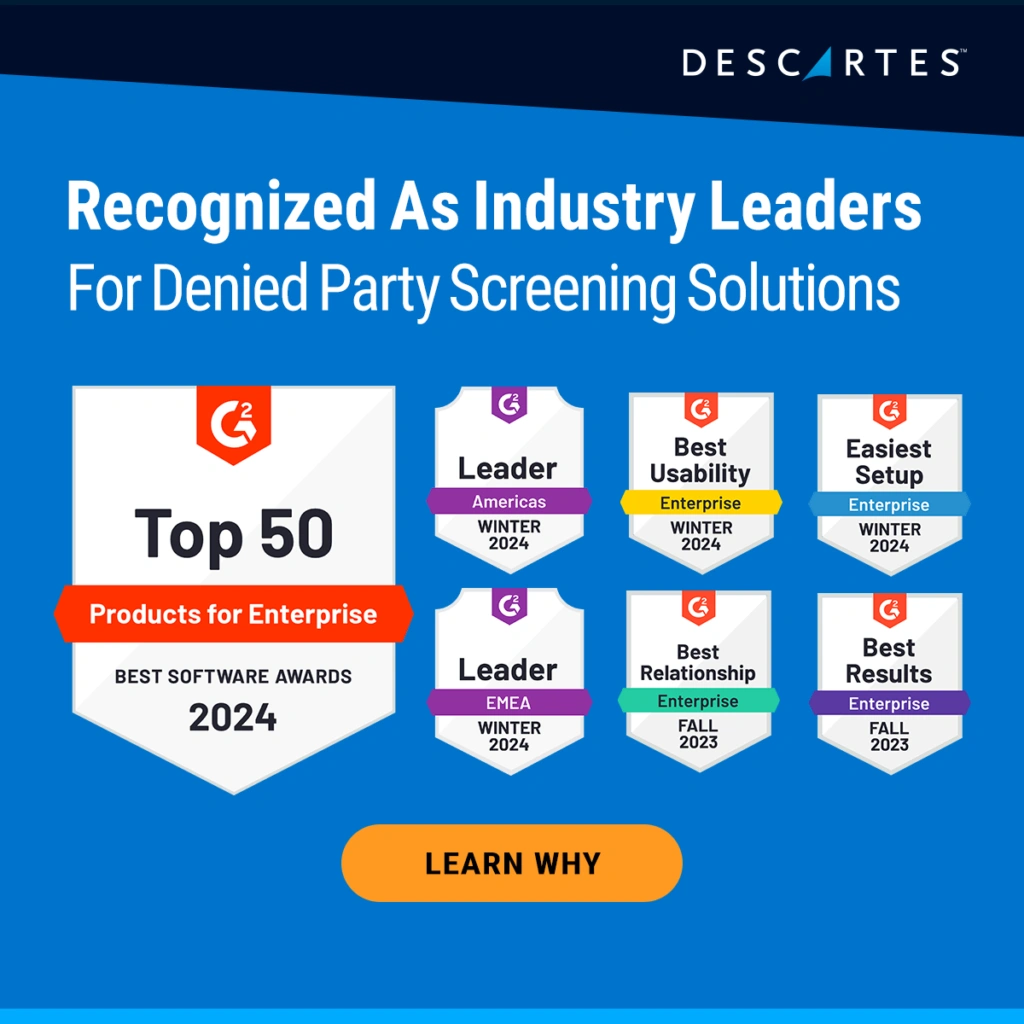As the Bureau of Industry and Security and other government agencies continue to levy penalties against those committing deemed export violations, screening visitors to your premises against export, trade and financial watch lists is rapidly becoming a critical step in keeping controlled technology out of the hands of restricted and denied parties.
Those in the university and research industry have long been tasked with having safeguards in place for their research and technology—and a major component of which is screening visiting students, staff and researchers against the myriad of restricted and denied parties lists required under the law. Businesses in the private and publically-held sphere have started to follow suit, implementing their own visitor screening programs, though often purely for security reasons.
But many could be doing so much more than screening visitors for safety and security purposes. Screening visitors can also help prevent sensitive and controlled information from being disseminated unintentionally which, if occurs, can potentially result in an export violation.
Avoiding an export violation, even when where no physical items are shipped across borders
A deemed export violation can triggered by something as seemingly innocuous as a visiting foreign national walking past specs for a piece of controlled technology that would otherwise require an export license to ship to their home country. It’s “deemed” an export regardless of whether it was physically sent or not.
A more in-depth look at deemed exports can be found in the article Deemed Export Visitor Compliance: Five Tips for Rolling Out the Red Carpet, but the takeaway here is that a deemed export violation can result in heavy fines and penalties. By screening your visitors against US government restricted and denied parties watch lists, you can minimize the risk of an inadvertent violation.
Even if you don’t have what you would consider controlled technology on site, a scenario that can lead to a deemed export violation (and, in fact, has!) is the misclassification of items and goods. Inaccurately classifying an item as “No License Required” (i.e., EAR99), when it is in fact considered a dual-use good under the Export Administrations Regulations (EAR)—or even governed by the International Traffic in Arms Regulations (ITAR)—and subsequently making the item accessible to a visiting restricted foreign national can result in a deemed export violation. In this case, screening the visitor, and then discovering the restrictions placed upon them, may have prevented the situation entirely.
Lastly, even if you are really, really sure that you do not have any controlled technology on your premises, do you really want to invite someone through your door who the Department of Homeland Security, or the Office of Foreign Assets Control (OFAC) has placed on a watch list for one reason or another?
Screening your visitors—makes sound risk-mitigation sense
Screening for denied parties, or determining whether your visitors are from a sanctioned or embargoed country, as part of your visitor management program has multiple benefits. Aside from avoiding deemed exports, your clients and customers may feel more at ease knowing they are doing business with an organization that restricts access to their facility—along with the information, goods and technology contained therein—to only individuals who have been vetted by screening against US and other international restricted party lists.
Additionally, membership in certain government cross-border initiatives, such as the U.S. Customs and Border Protection’s Customs-Trade Partnership Against Terrorism program (C-TPAT), requires a certain level of physical access control. Screening visitors to your facility, along with their associated organization or institution, is an important part of satisfying those controls.
How Descartes Can Help
Visitor screening is part of Descartes Visual Compliance’s suite of denied and restricted party screening solutions. With it, organizations can protect their controlled technology, and facilities in general, by streamlining visitor screening and approval.
Descartes solutions also help companies manage their export compliance risk more effectively with restricted party screening, export classification, license determination and management, and sanctioned party ownership screening. These solutions mitigate the risk of incurring penalties, adverse media, and reputational damage. Most important, they help enable business growth.
Further reading
More info on the benefits of screening not just visitors, but all individuals and entities that your organization deals with, check out Three Denied Parties Screening Red Flags You Should Be On the Lookout For, and An Introduction to Restricted Party Screening.


